16 noviembre 2016
El próximo día 18 de noviembre de 2016 se celebrará en la Escuela Andaluza de Salud Pública la XXV Jornada Científica de la Sociedad Española de Sanidad Ambiental, sobre la Evaluación de Riesgos en Salud.
Objetivos:
- Proporcionar una visión general de la metodología de Evaluación de Riesgos en Salud (ERS) y su aplicabilidad en el ámbito de la salud ambiental.
- Incardinar la ERS en los procedimientos de Evaluación del Impacto en Salud (EIS) y Evaluación del Impacto Ambiental (EIA).
- Conocer algunas de las aplicaciones que en España se han hecho de la ERS para abordar situaciones complejas derivadas de riesgos ambientales.
- Presentar la Guía Metodológica de ERS, elaborada por la Sociedad Española de Sanidad Ambiental (SESA) y la Escuela Andaluza de Salud Pública (EASP), como herramienta de apoyo al trabajo de profesionales del ámbito de la salud ambiental.
Desde el siguiente enlace se podrá seguir la presentación del libro titulado “La evaluación de riesgos en salud. Guía Metodológica”, programada para el día 18 de noviembre de 12:30h a 13:00h: https://livestream.com/easptv/EvaluacionRiesgosSalud.
Más información:
http://www.sanidadambiental.com
3 noviembre 2016

El próximo día 18 de noviembre se celebrarán en Sevilla las VI Jornadas de Seguridad Alimentaria, organizadas por la Dra. Silvia Pichardo, Presidenta de esta Sección dentro de la Asociación Española de Toxicología.
Las jornadas tendrán lugar en la Facultad de Farmacia de la Universidad de Sevilla. La asistencia es gratuita y los participantes podrán presentar tanto comunicaciones tipo póster como orales, sobre temas de interés en Seguridad Alimentaria.
Es una actividad enfocada tanto a alumnos universitarios como a profesionales del sector.
Más información:
http://www.aetox.es/vi-jornadas-de-seguridad-alimentaria-sevilla/
29 octubre 2016
Durante la celebración del 2 al 6 de octubre de 2016 del XIV International Congress of Toxicology (IUTOX), en Mérida (México), se organizó con la ayuda de CropLife Latin America (patrocinador de Plata del Congreso) el simposio «Toxicology data information networks in the 21st century«. Participaron como ponentes:
- Dra. Patricia Escalante. Toxicology Center Hospital Juárez. Mexico DF, México. Título: “Usefulness of Technological Networks in the Clinical Field and Transitional Poisonings”.
- Dr. Guillermo Repetto. Toxicol. Universidad Pablo de Olavide, Sevilla. Título: «Toxicological networks: European perspective”.
- Dr. Philip Wexler. US National Library of Medicine, TOXNET. Título: “Toxicology National Data. On line Toxicology Information Resources from the U.S. National Library of Medicine”.
- Dra. Lina Peña. CIEMTO, Universidad de Antioquia, Medellín, Colombia. Título: “Activities of the Center of Information and Studies of Medicines and Toxins”.
- Dr. Eduardo de la Peña de Torres. Spanish National Research Council, CSIC / RITSQ, Madrid, Spain. Título “Iberoamerican Network of Toxicology and Chemical Safety (RITSQ) 2006-2016”. Coordinador del simposio.
Los resúmenes de las ponencias han sido publicados en el número especial de la revista Toxicology Letters 259S, 10 October 2016.
Ponentes del simposio «Toxicology Data Information Network in the 21 Century«. De izquierda a derecha, los Dres. Philip Wexler (TOXNET U.S National Library of Medicine), Lina Peña (CIEMTO, Universidad de Antioquia), Eduardo de la Peña de Torres (RITSQ, Spanish Research Council), Patricia Escalante (Centro Toxicológico Hospital Juárez de México), Mauricio Rodriguez (CropLyfe Latin America), Guillermo Repetto (TOXICOL, Universidad Pablo de Olavide).

Asistentes al Symposium organizado por la Red Iberoamericana de Toxicología y Seguridad Química (RITSQ).


29 octubre 2016

The International Comet Assay Workshops are a series of scientific conferences dealing with practical and theoretical aspects of the Comet Assay, aimed at both experienced and new users of this popular technique. The Workshop has always been rather informal. It began as a satellite to the 2nd International Conference on Environmental Mutagens in 1995. At that time, the Comet Assay community was small, and we mostly knew each other. Even now, following exponential growth in popularity of this assay, the workshop retains the feeling of an extended family, reunited every two years, with a healthy intake of new family members. We try to keep registration costs as low as possible to make it easier for less established researchers to attend, and as a matter of policy no-one has expenses refunded; there are no invited speakers. All are equal, and the newest recruits can readily share ideas with the old-timers.
The first five meetings in this series were called simply ‘Comet Assay Workshops’. ‘International’ was added in 2005. So far, all have been held in Europe, which perhaps reflects the fact that, while the Comet Assay has mixed North American/European parentage, more users of the assay are in Europe than anywhere else, and many innovations and new applications have come from Europe.
The programme will include oral and poster presentations depicting the highlights of the past, the present and especially the future of the Comet Assay; discussing the latest advances in the development and application of the Comet Assay. Different applications are discussed, including: genotoxicity testing, human biomonitoring, DNA repair studies, environmental biomonitoring and clinical studies. The programme will also include an open discussion session to exchange thoughts about practical issues and the latest innovations. This will encourage the exchange of information between specialists from both the academic and industrial sectors.
ICAW2017 will be joined with a hCOMET meeting organised and supported by COST.
We very much look forward to seeing you in Pamplona at the 12th International Comet Assay Workshop hosted by the University of Navarra.
Amaya Azqueta, Sabine Langie, Bertrand Pourrut
Co-chairs of ICAW 2017
More information:
https://icaw.vito.be



























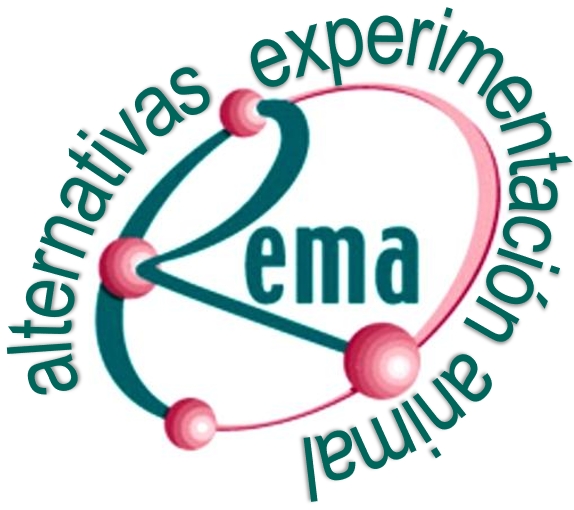
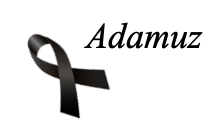
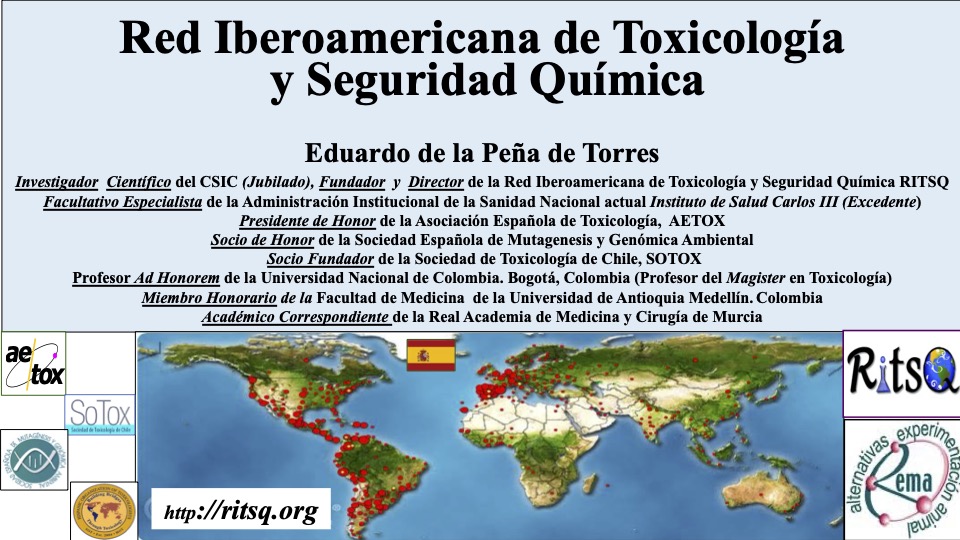
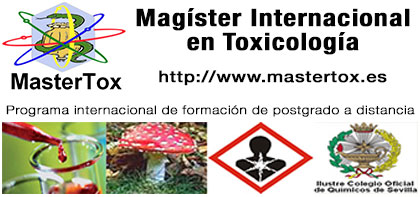

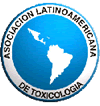

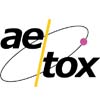
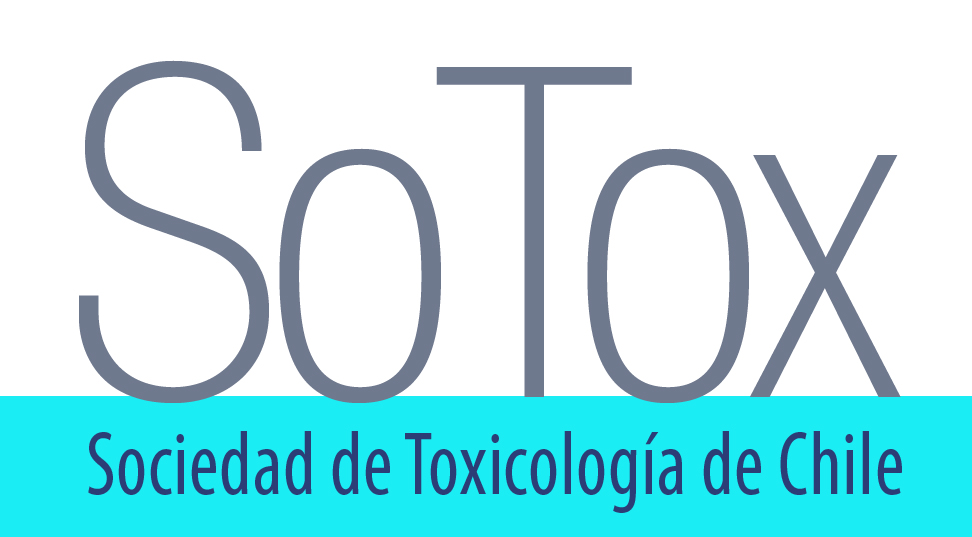

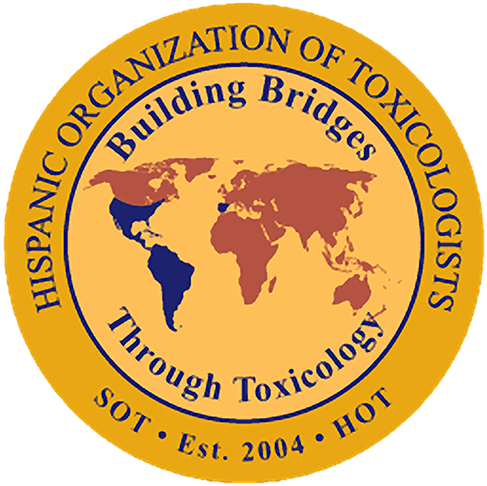
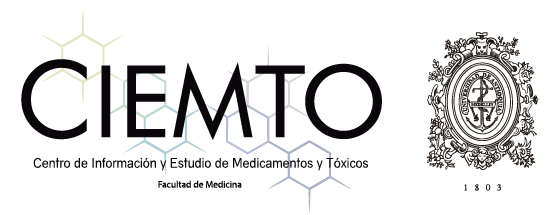


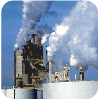
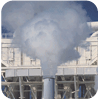
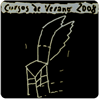
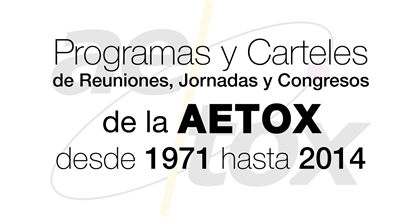
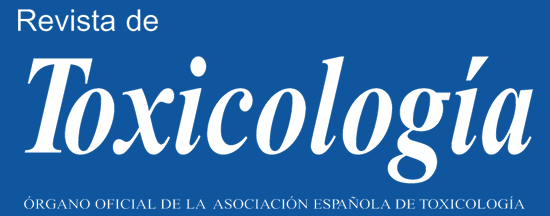








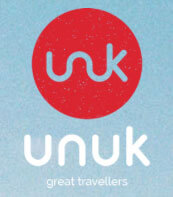
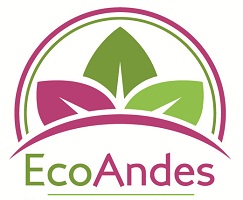
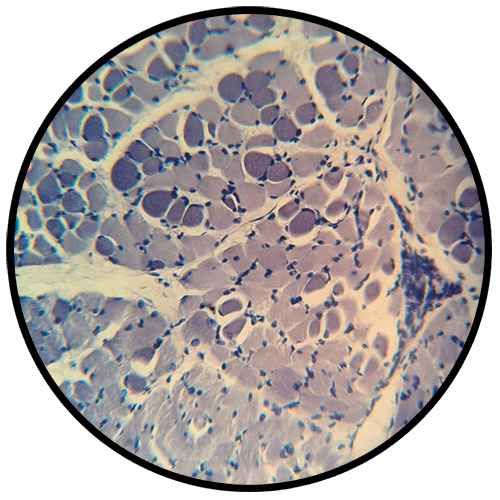
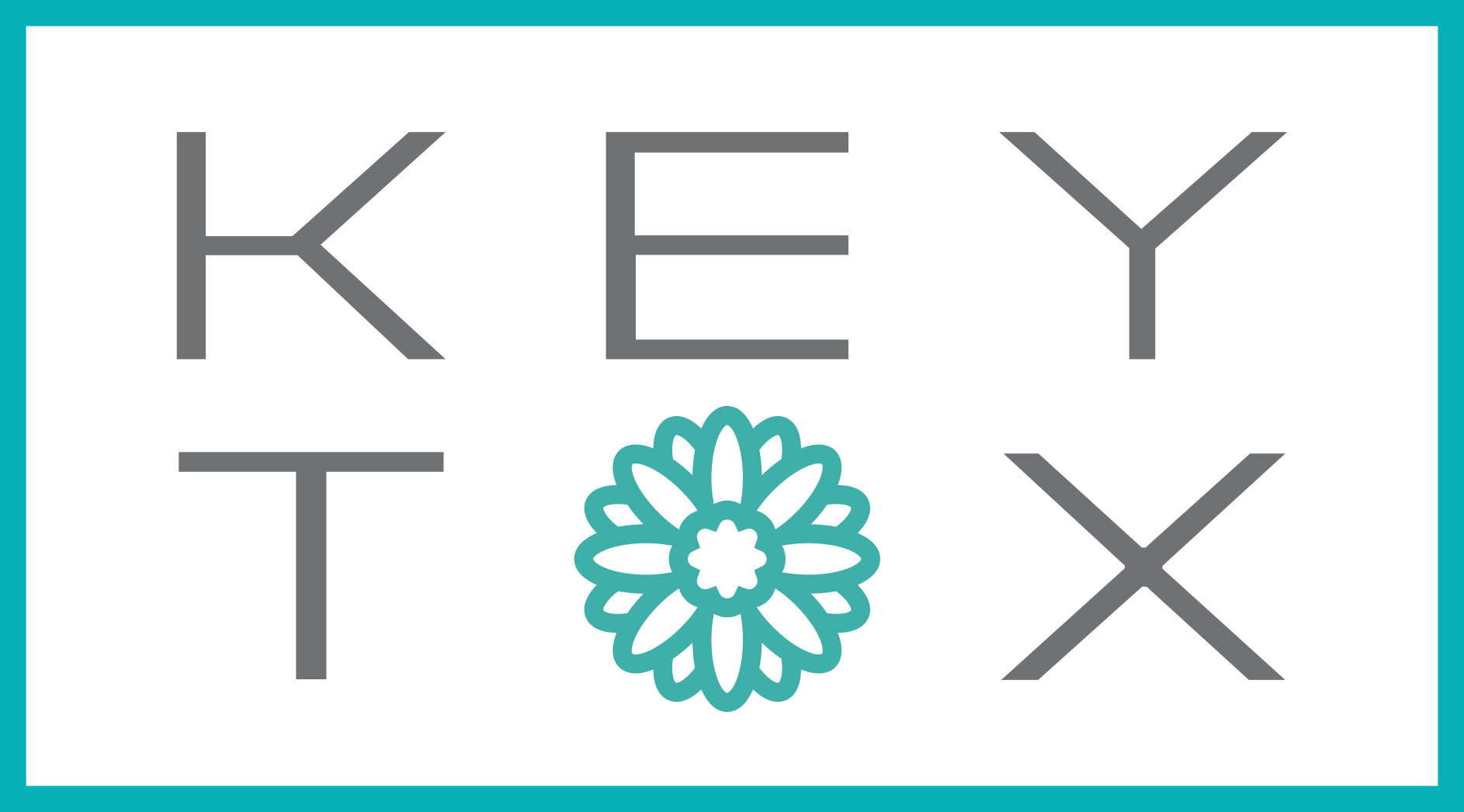
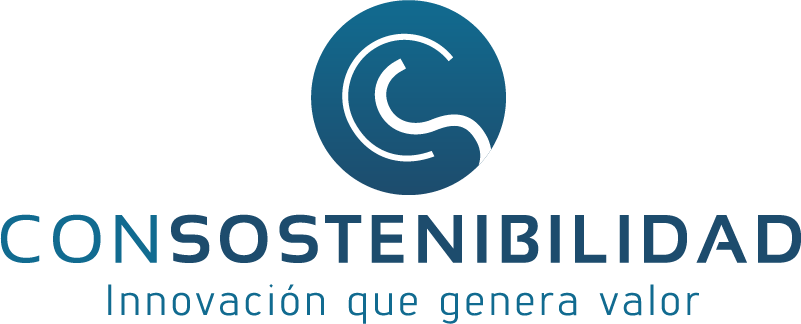
Debe estar conectado para enviar un comentario.